This information was provided by the State Bank of Vietnam in a recent report submitted to the National Assembly .
Currently, the entire banking system has 5 banks under special supervision, including: DongABank, CBBank, OceanBank, GPBank, and SCB.
In a report submitted to the National Assembly's Economic Committee at the end of April 2023, the State Bank of Vietnam stated that it had submitted and received approval from competent authorities for the mandatory transfer of four weak banks: CBBank, OceanBank, GPBank, and DongABank.
However, in its latest report to the National Assembly, the State Bank of Vietnam stated that the Government has decided on the policy of mandatory transfer of three banks: CBBank, OceanBank, and GPBank.
The State Bank of Vietnam is directing relevant parties to carry out the procedures to submit to the Government for approval the plan for the mandatory transfer of these three banks.
Meanwhile, the State Bank of Vietnam continues to exercise special control over DongABank and SCB; and strengthens supervision as prescribed for National Commercial Bank.
DongABank was established and officially began operations in 1992, with an initial charter capital of 20 billion VND. In August 2015, the State Bank of Vietnam decided to place the bank under special supervision.
SCB, on the other hand, was formed by the merger of three banks: SCB, De Nhat, and Vietnam Tin Nghia. This bank once had the largest total assets among private banks and was among the top 5 credit institutions in terms of asset size in the market.
From mid-October 2022, the State Bank of Vietnam placed SCB under special supervision. This was done to stabilize operations and limit negative impacts on the bank and the system of credit institutions.
On the morning of May 20th, reporting to the National Assembly, Deputy Prime Minister Le Minh Khai stated that the valuation of the three banks subject to mandatory acquisition (CBBank, OceanBank, and GPBank) has been completed, and the mandatory transfer plan is expected to be submitted to the competent authorities for approval in May 2024, with the mandatory transfer to be completed within 2024.
According to the State Bank of Vietnam, the process of finding and negotiating with eligible commercial banks to receive the mandatory transfer is lengthy and difficult because it largely depends on the voluntary participation of commercial banks and requires time to persuade shareholders, especially major shareholders and foreign strategic shareholders, to agree to participate in the mandatory transfer.
In addition, the policy mechanisms and financial resources for handling weak credit institutions in general, and for developing a plan for the mandatory transfer of banks that acquired DongABank in particular, still have many shortcomings, obstacles, and lengthy procedures.
Furthermore, coordination and input from relevant ministries and agencies are prolonged due to the complex and unprecedented nature of handling weak banks; and the capacity of some officials and civil servants involved in inspection and supervision is limited.

Source: https://vietnamnet.vn/chua-trinh-phuong-an-chuyen-giao-bat-buoc-dongabank-2285998.html










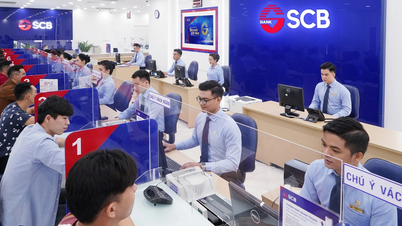

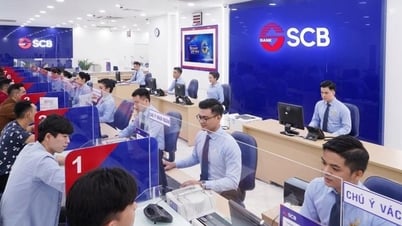
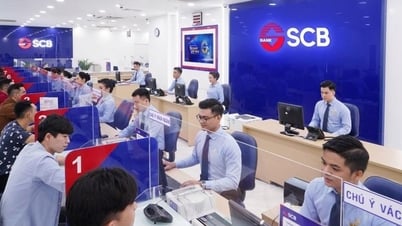



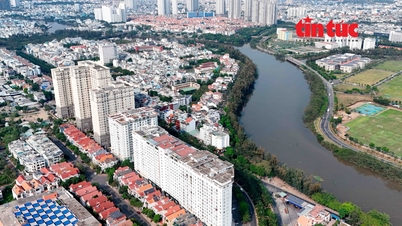




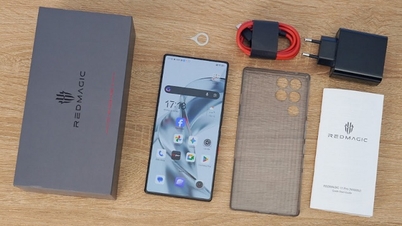

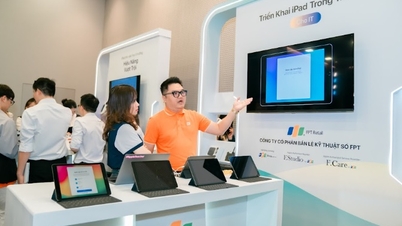





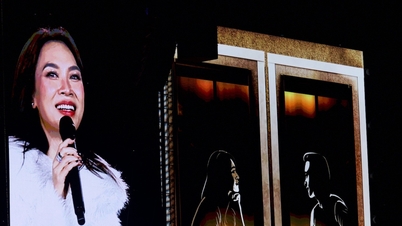

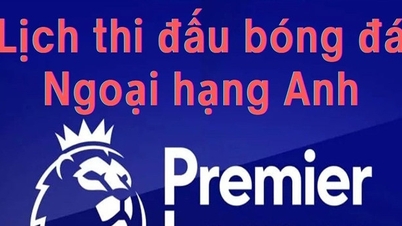
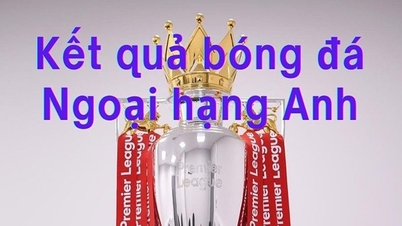






































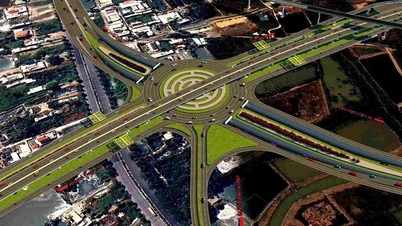


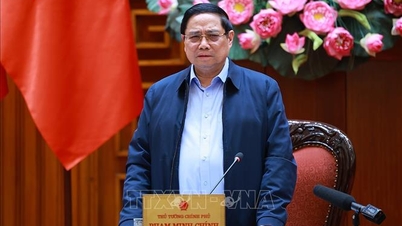








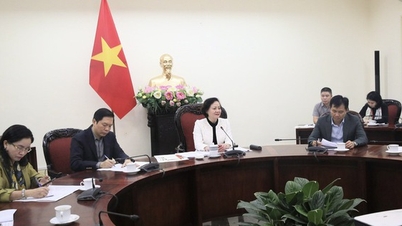
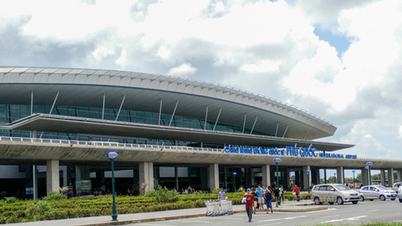







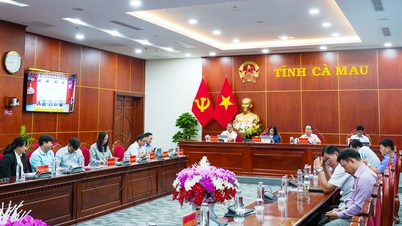
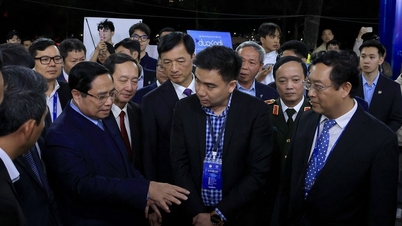















Comment (0)